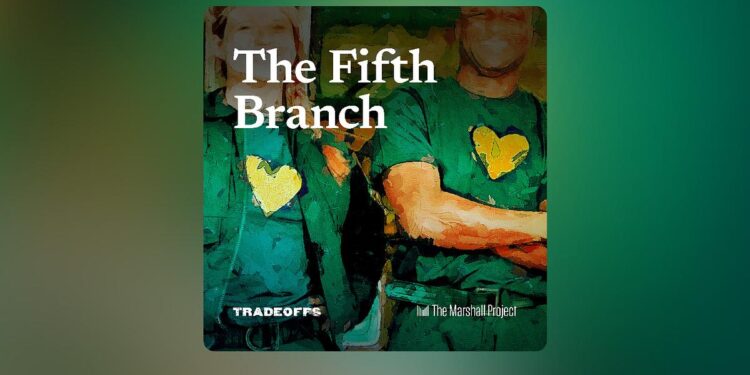One out of every five people shot and killed by police in the U.S. since 2015 was in the middle of a mental health crisis, according to tracking by The Washington Post. These deaths, along with pressure from activists, have prompted cities across the country to change their approach to emergency calls. Instead of armed police, a new generation of first responders, including EMTs and social workers, are handling 911 calls involving mental illness, addiction or homelessness.
To understand how well these programs work, reporters from Tradeoffs, with support from The Marshall Project, followed the Holistic Empathetic Assistance Response Team in Durham, North Carolina, as they responded to crisis calls and developed an entirely new public safety agency. Marshall Project reporter Christie Thompson spoke with national experts, researchers and advocates to understand how Durham compares with the rest of the country, and what the challenges and successes have been for these teams nationwide.
Over the course of “The Fifth Branch,” a three-part podcast series, Tradeoffs reporter Ryan Levi dives deep into the pioneering new model in Durham, while Thompson shares a national perspective.
Episode 1: Convincing the Cops.
Sending unarmed clinicians to 911 crisis calls is a bold new idea. We explore the challenges Durham faced trying to convince stakeholders, from community advocates to rank-and-file police officers, to buy into HEART.
We want to know: Is there more to the story? Help us tell it. We want to hear about your experiences with crisis response units. What advice would you give to anyone thinking about calling a response unit for someone experiencing a mental health crisis? And what questions do you have about how these programs work?
You can send an email to [email protected] or fill out the survey below. Your insights will help inform a virtual panel discussion with the reporters and several first responders on Thursday, Aug. 15, at 12 p.m. ET. You can find more information about the event or register here.
Is There More to the Story?
We take your privacy seriously and will not share your information or publish anything you share with us without permission. Tell us more through the form.



























